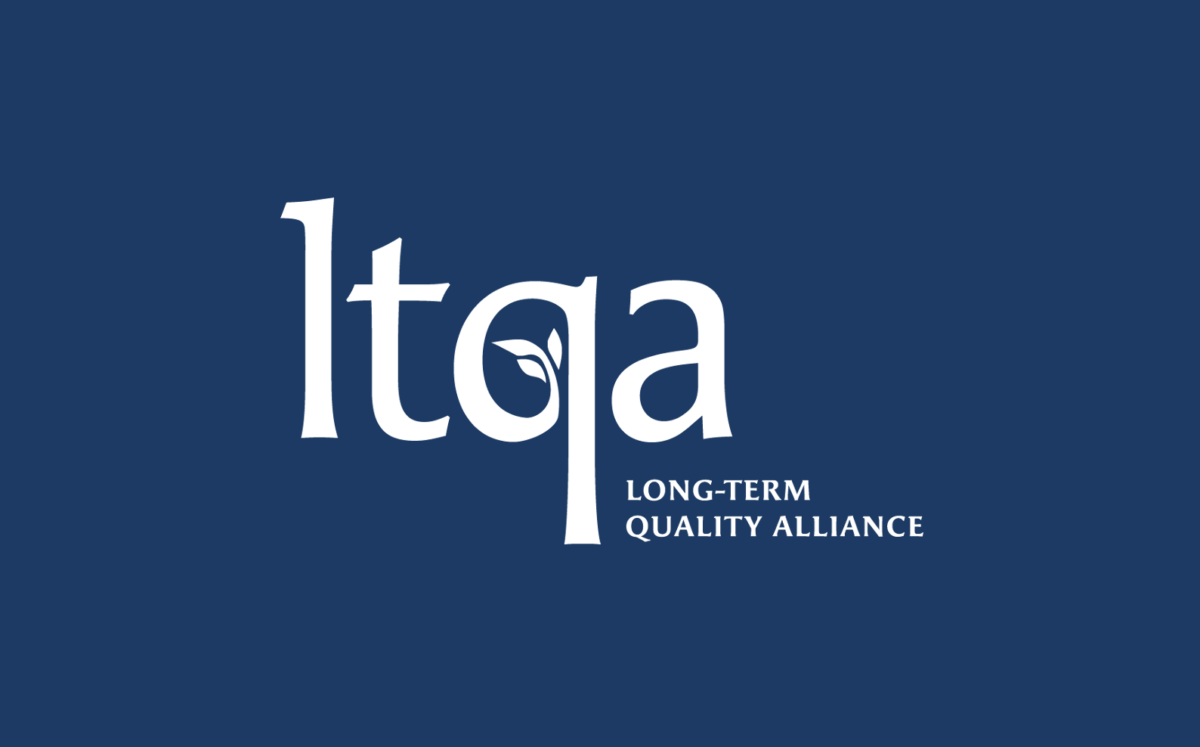Title: LTSS Need, Receipt, and Unmet Need in the Washington State Population Age 18-64 with Disabilities
Publication Date: July 2023
We are pleased to announce the release of our final report on the Washington State pilot from our Measuring Unmet LTSS Need and Service Use Among Adults Under Age 65 with Disabilities project, titled “LTSS Need, Receipt, and Unmet Need in the Washington State Population Age 18-64 with Disabilities.”
While there is ample information available regarding the long-term services and supports (LTSS) needs of older adults, data on the LTSS needs of working-age adults (i.e., ages 18-64) with disabilities is severely limited. This younger group—which comprises nearly half of the population requiring LTSS in the United States—is diverse, with a wide array of disabilities. The lack of data on their needs hinders efforts to adequately plan services for them.
Beginning in 2020, LTQA conducted a pilot study testing a new model for data collection and analysis for this population in Washington State, in partnership with the Washington State Aging and Long-Term Services Administration (ALTSA) and the Community Living Policy Center (CLPC) at Brandeis University. This pilot study implemented one of the recommended strategies from our white paper – to partner with an interested state government to develop and test an approach that would combine new survey data with data from existing state administrative records. We added supplemental questions on LTSS need and use to Washington State’s 2021 Behavioral Risk Factor Surveillance System (BRFSS) survey, and combined this survey data with a novel state-developed model to predict LTSS need and linked Medicare and Medicaid claims data for state residents.
This final report provides a detailed account of the pilot project, including its methodologies and data analysis, shedding light on the LTSS needs and service utilization patterns of this diverse group. To learn more about this pilot, please access our final report materials here:

